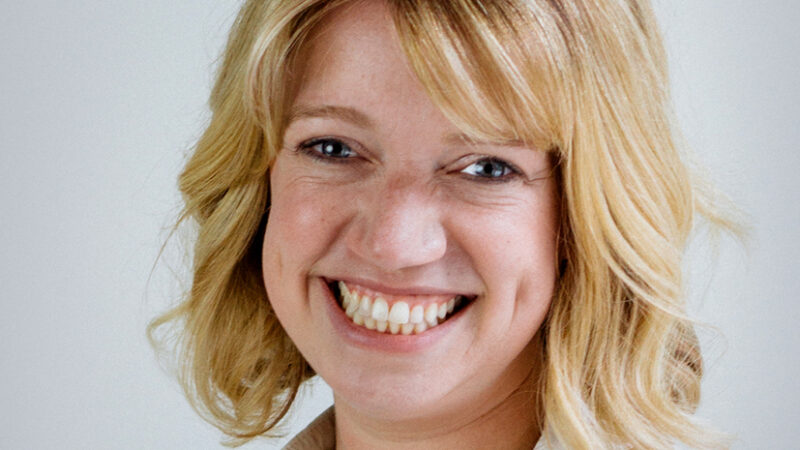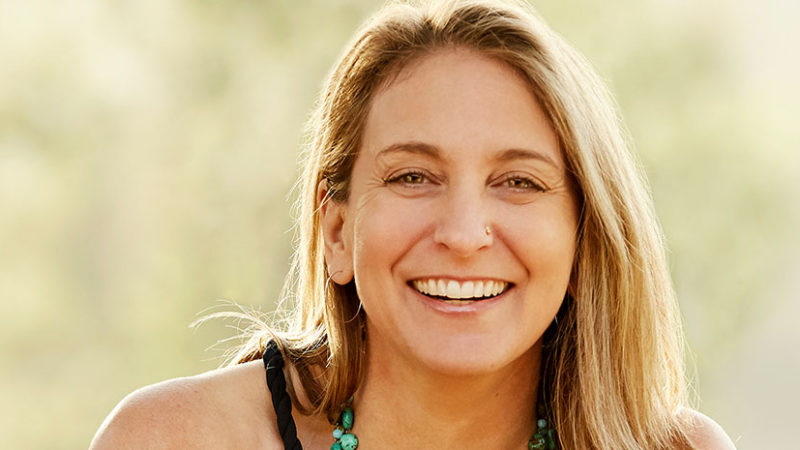
Bedtime should be the calmest moment of the day with our kids, but often it is anything but. Whether we are dealing with last-minute pajama changes, tooth brushing negotiations, or we’re trying to corral our kids into their rooms, it can end up being an exasperating time for both kids and parents alike.
There are many reasons bedtime can be hard. The first is that we are tired, and of course they are too, so no one is exactly ‘at their best’ at the end of the day. Another challenge for children is that they are about to say ‘goodbye’ to us for the night and that can bring up anxiety about being on their own. Also, let’s face it, falling asleep can be difficult regardless of age. The shift from active to rest is not easy; especially when you add a mind full of racing thoughts—which is typical for children (and adults) when things get quiet at night.
What is needed is a way to help children settle mentally and physically at bedtime. When they feel safe and at ease, falling asleep gets a lot easier. Guided visualizations are tools to support children in using their own imaginations to let their bodies and minds relax at bedtime.
The visualizations in Sweet Dreams: Bedtime Visualizations for Kids ,by Mariam Gates and illustrated by Leigh Standley, engage children in mini journeys to underwater worlds, a horseback ride through a field, and even into space while helping them naturally shift into relaxation. The fun and gentle exercises move them into a calm state which is essential for a good night’s rest. Each visualization is also short enough that it can be easily added as a ‘final story.’
We invite you to try the “Rocketing to the Moon” visualization from Sweet Dreams and see if it helps make bedtime a little smoother for everyone.
Lie down on your back and bring your legs together, pressing your arms tight against your body. You are a rocket ship going to the moon.
Start bouncing your legs to ignite the engine.
10 . . . 9 . . . 8 . . . 7 . . . 6 . . .
Now shake, shake, shake your whole body.
5 . . . 4 . . . 3 . . . 2 . . . 1. BLAST OFF!!!
As you launch into space, point your toes and make yourself as long as you can.
Take a DEEP BREATH IN and a LONG BREATH OUT. Relax your whole body as you sail through space. You are heading toward the moon.
All around you are bright stars and clusters of asteroids. It’s peaceful and quiet.
The moon is getting bigger and bigger the closer you get.
Thud. YOU HAVE ARRIVED.
Step out of your rocket. Bend and extend your legs to make big steps onto the moon like you are walking in slow motion.
You can see Earth in the distance. It is blue and green, like a jewel hanging in the dark sky. Take some deep breaths in and out and think about Earth and how beautiful it is. Think about how lucky you are to live on such a wonderful planet.
It’s time to climb back into your rocket ship.
Take another DEEP BREATH IN and a LONG BREATH OUT.
YOU ARE HEADING HOME.

MARIAM GATES has a master’s degree in education from Harvard University and two decades of experience working with children. She is the author of the bestselling Good Night Yoga series. Mariam likes to spend most days writing, where she can explore underwater depths, fly through the sky, and walk on the moon—all in the same afternoon! She lives with her highly imaginative family in Northern California. Learn more at mariamgates.com.

LEIGH STANDLEY is the artist, writer, and owner of Curly Girl Design, Inc. She creates art for greeting cards, calendars, journals, wall art, and more, and her art is sold throughout the U.S. and around the world. Leigh resides in Boston with her husband and twin little people. She can’t live without yoga, her family, Snickers, and Lucy the Wonder Dog. Leigh believes in magic and is quite certain that given a cape and a nice tiara she could save the world. Learn more at curlygirldesign.com.

Available at your favorite bookseller
Amazon
Barnes and Noble
IndieBound
Sounds True













